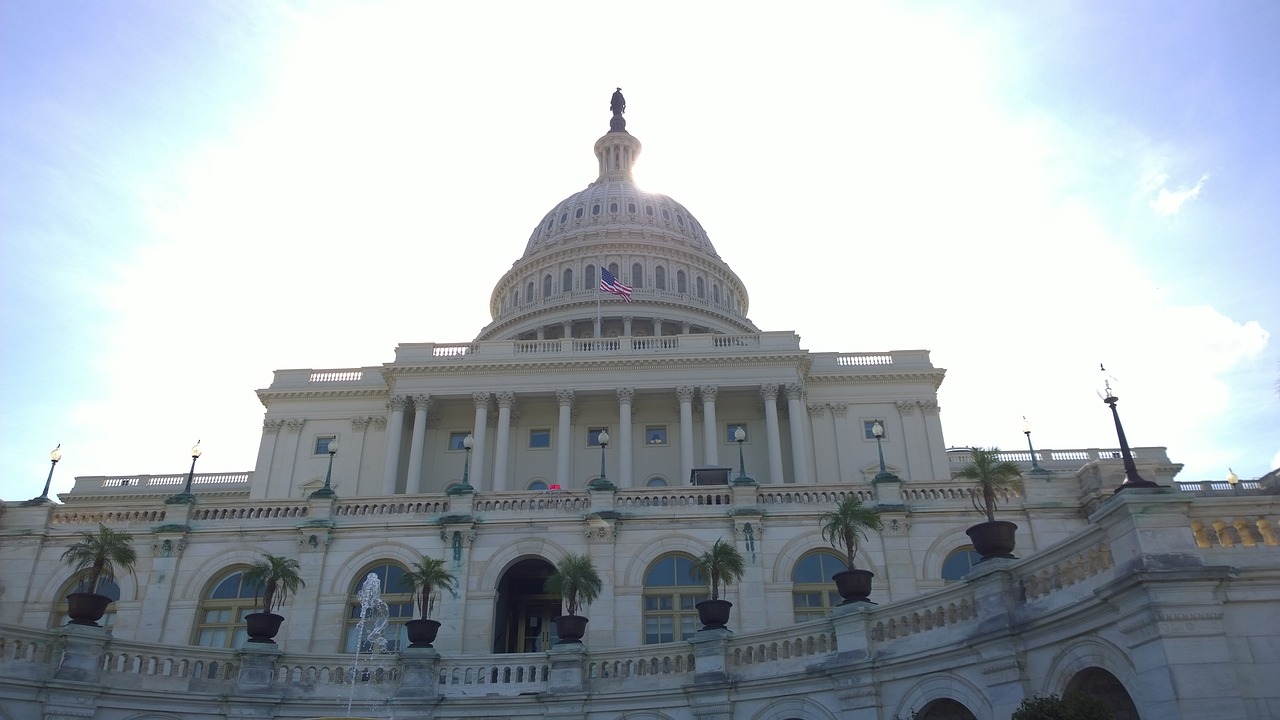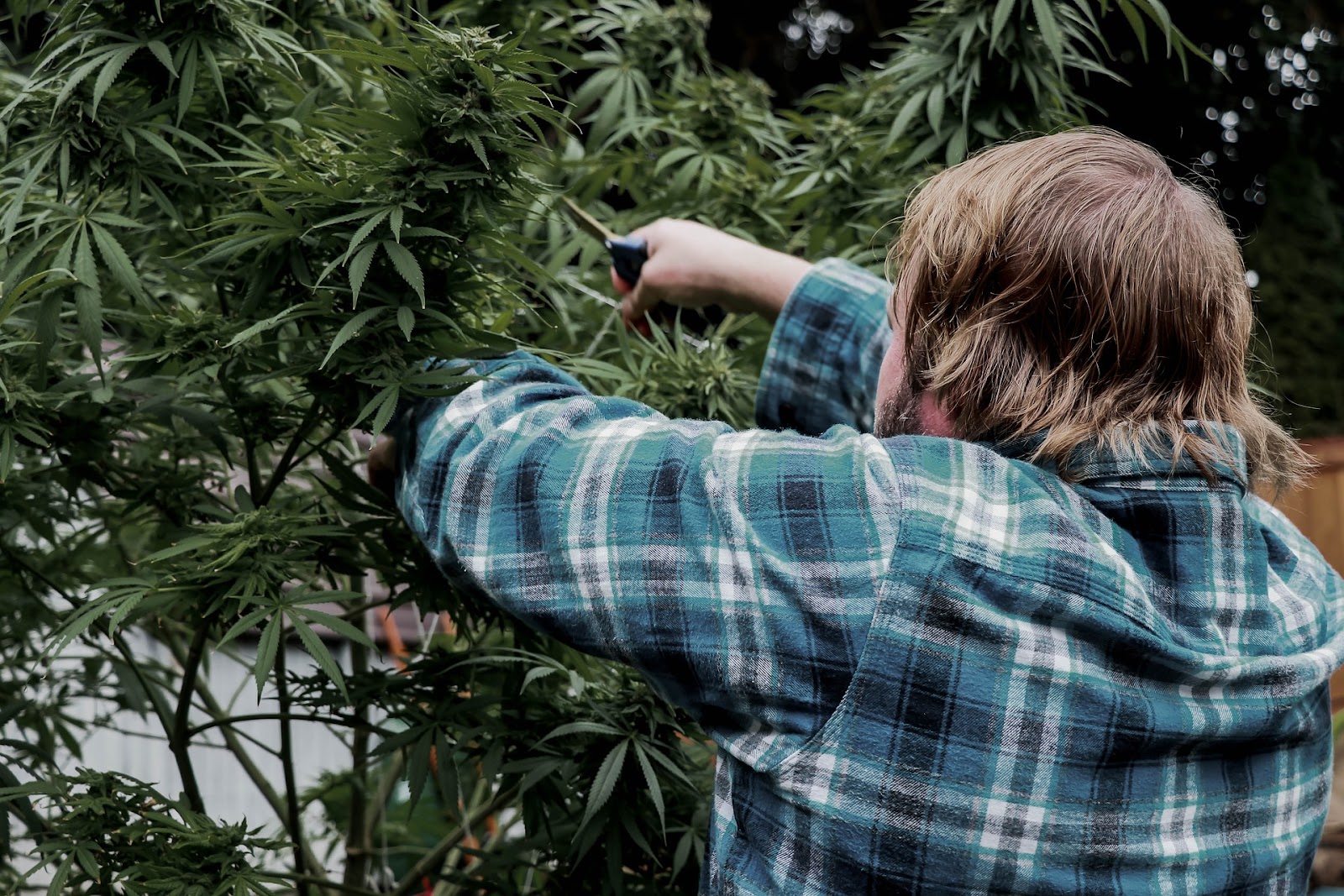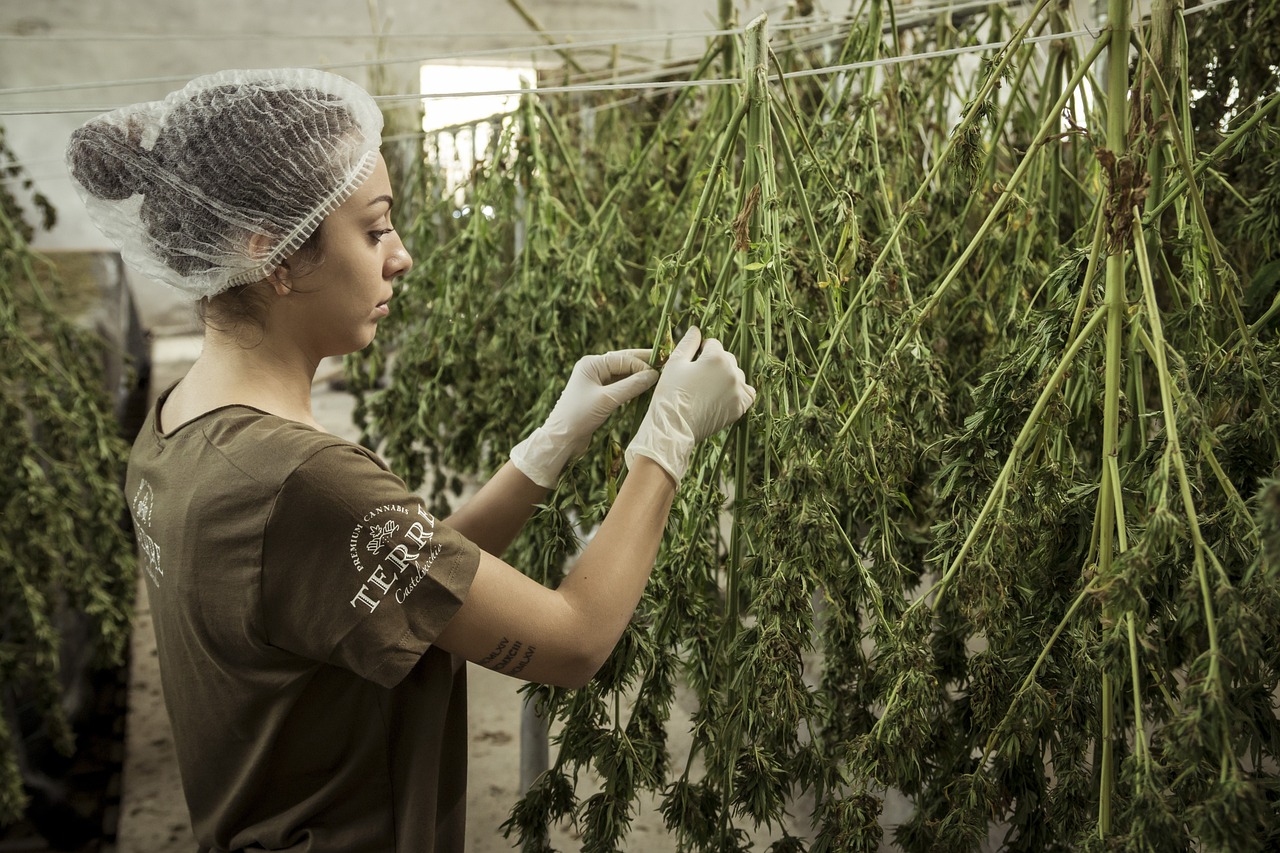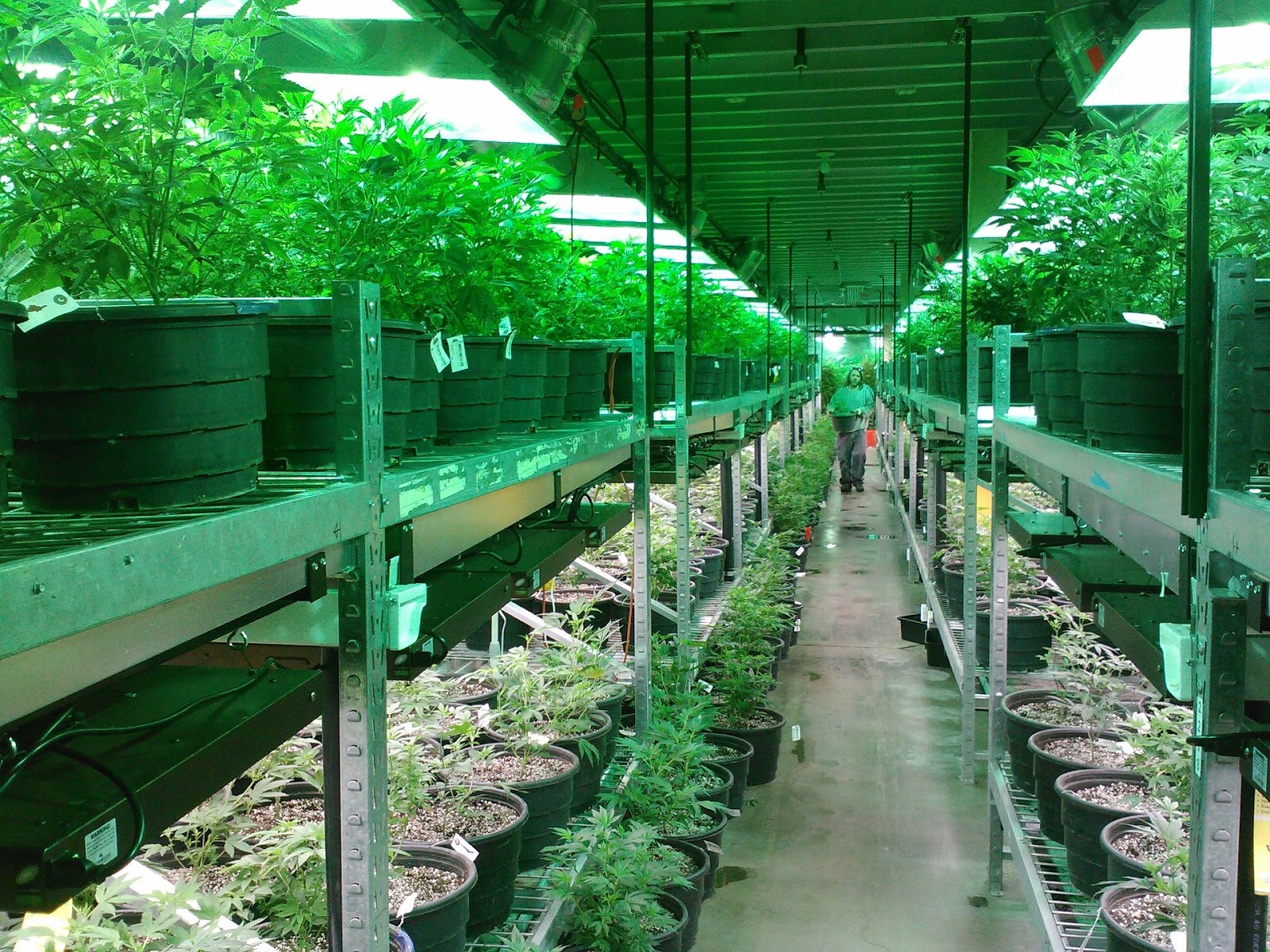On October 19th, a representative of the New Hampshire State Attorney General’s Office representative spoke to a state commission tasked with drafting marijuana legalization legislation. The commission’s stated plan is to operate legal cannabis distribution through several state-owned retail establishments, but the Attorney General’s office warned that this new kind of scheme could attract additional federal attention.
Myles Matteson is the senior assistant to the attorney general and also heads the criminal justice bureau of the AG’s Office. He warned that, while the extent of the additional liability isn’t known to the AG’s office, any state-managed system creates a degree of liability and that “the uniqueness of any particular regime or structure may attract some of those liabilities.”
The commission was created through legislation in August with the goal of getting a drafted marijuana legalization bill ready for the 2024 legislative session. The most recent plan proposes cannabis retail establishments that are state-run but privately owned in a franchise model.
Representative Jared Sullivan, a panel member, also offered careful pushback when he pointed out that commercial franchises are managed under federal law instead of state law. Sullivan asked if Myles Matteson knew how a state-run cannabis franchise could conform to federal laws. Though he admitted that he did not have an answer, Matteson reminded the commission that conflicts between state and federal laws have widely interfered with federally regulated banks that attempt to work with cannabis businesses, which are only legal on a state level.

The bill that formed the commission places several additional requirements on any drafted legislation, such as the need to keep schools and children from access to marijuana, prevent the over-saturation of the marijuana retail market, and give municipalities the power to limit or outright prohibit marijuana dispensaries. The commission is also specifically required to draft a bill that allows the state to control distribution and access in general. The plan to open state-run but privately owned retail establishments may be an attempt to fall somewhere between a state-run system and private industry.
Furthermore, New Hampshire already has existing marijuana dispensaries known as alternative treatment centers, some of which have voiced concerns about their ability to integrate into a potential state-run franchise model.
New Hampshire’s attempts at marijuana legalization have been fraught. A Medicaid expansion bill that included marijuana legalization was defeated in the State House in May, and the state Senate tabled a bill that would have allowed designated caregivers to cultivate a small amount of cannabis for therapeutic use. As far back as 2022, the state Senate struck down legalization measures that had been amended into a separate criminal justice bill.
Given the repeated defeat of previous efforts, the state commission to draft legalization legislation is wary of legislation that is too complex. Despite all concerns, and with only just over a month left for the commission to finish its draft legislation, members believe that the panel will ultimately proceed with the state-run franchise plan.
Although the commission’s chair has yet to reveal any of the current draft-in-progress, the commission is expected to be open to public commentary when they meet to discuss the proposed idea again on October 24.








































































































































































